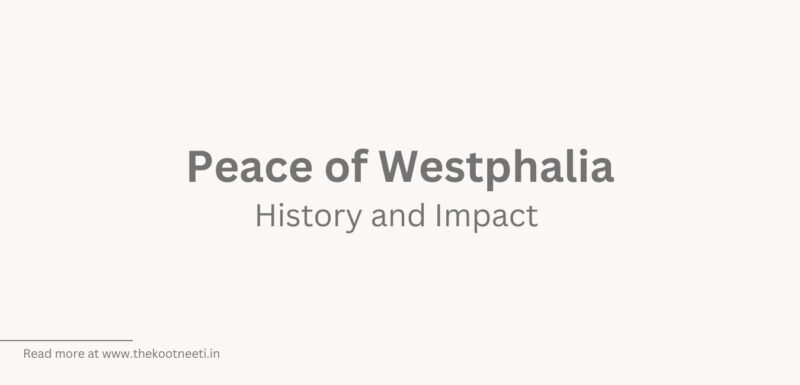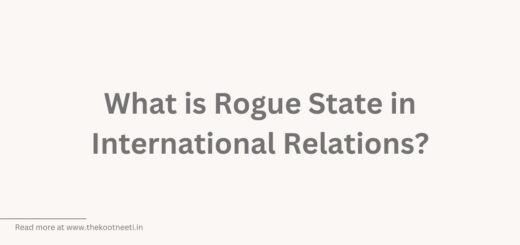Peace of Westphalia: History and Impact

The Peace of Westphalia was a series of treaties signed in 1648 that ended the Thirty Years’ War in Europe and marked the beginning of the modern system of nation-states. The Peace of Westphalia was signed by the Holy Roman Emperor, the King of France, and the Dutch Republic, as well as by many other European powers.
The Peace of Westphalia established the principle of sovereignty, which recognized the independence and equality of states and their right to self-determination. The treaties also established the principle of non-interference, which prohibited states from interfering in the internal affairs of other states.
The Peace of Westphalia had a significant impact on the development of international relations, as it marked the end of the medieval system of feudalism and the emergence of the modern system of nation-states. The Peace of Westphalia also laid the foundation for the modern system of international law, and it established the precedent for the use of diplomacy and negotiation to resolve conflicts between states.
The Peace of Westphalia is often seen as a key turning point in the history of international relations, and it is still considered an important reference point in discussions of international law and relations.
Major significance of the Peace of Westphalia include:
- The recognition of the sovereignty of nation-states: The Peace of Westphalia recognized the sovereignty of the various nation-states in Europe, which marked the beginning of the modern system of nation-states.
- The end of the Holy Roman Empire: The Peace of Westphalia marked the end of the Holy Roman Empire, which had been a major political force in Europe for over a thousand years.
- The recognition of the independence of the Dutch Republic: The Peace of Westphalia recognized the independence of the Dutch Republic, which had been fighting for independence from Spain for over 80 years.
- The establishment of the modern system of international relations: The Peace of Westphalia established the principle of non-interference in the internal affairs of other states, which is still an important principle in the modern system of international relations.
- The end of religious wars: The Peace of Westphalia marked the end of the religious wars that had plagued Europe for centuries, as it established the principle of cuius regio, eius religio, which allowed rulers to determine the religion of their subjects.


















